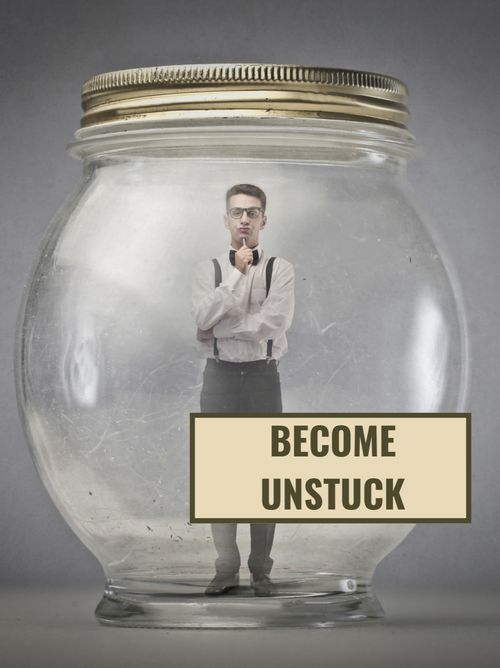How your skepticism stops you from acting
Dec 06, 2021 · 2 mins read
0
Share
Thomas Carlyle, an 18th century Scottish philosopher, wrote that skepticism is a little word containing a "a whole Pandora's box of miseries." Skepticism is highly valued today, so it's fascinating to read his biting critique. Find out more 👇
Save
Share
Carlyle is clear that he doesn't advocate blind faith. He writes: "Doubt, truly, is not itself a crime. Certainly we do not rush out, clutch up the first thing we find, and straightway believe that!" So what's the problem?
Save
Share
The big problem with skepticism is this: asking questions goes from being a means to an end (the answers) to an end itself. People define themselves by their permanently doubtful attitude. A "chronic atrophy" of the acting impulse sets in.
Save
Share
Good skepticism updates old things - bad skepticism merely destroys them without offering anything to fill up the void. When skepticism is "not an end but a beginning," it is healthy. The end must be finding answers.
Save
Share
Carlyle writes: "A man lives by believing something; not by debating and arguing about many things." This brings to mind Chesterton's quip: "The object of opening the mind, as of opening the mouth, is to shut it again on something solid.”
Save
Share
Carlyle argues that the cry for "liberty and equality" comes out of the idea that "wise great men" are impossible. The violent French revolution happened because the rebels were skeptical about true nobility, and thought "a level immensity of foolish small men would suffice."
Save
Share
Humans are order making creatures - but skeptics are only interested in destruction. Carlyle writes that we are all "born enemies of disorder," but the skeptics are disorder's secret worshipers.
Save
Share
The side-effect of skepticism: "genuine acting ceases...dexterous similitude of acting begins." To act, one needs a solid grip on the world - skepticism makes this grip slippery. If everything is just a play of shadows, then your actions become weightless and empty like shadows.
Save
Share
Skepticism leads to "simulacra and universal decadence." Carlyle argues that we should maintain silence until our doubts have " in some measure become affirmations or denials." Instead of muddying the waters of discourse with skepticism, add clarity when ready.
Save
Share
Bottom line. Carlyle isn't against using doubt as a tool to reach clarity; he's against doubt for doubt's sake. At the end of the day, we aren't information-processing algos - we are human beings who must act. Skepticism is good when it informs action; bad when it holds it back.
Save
Share
0
